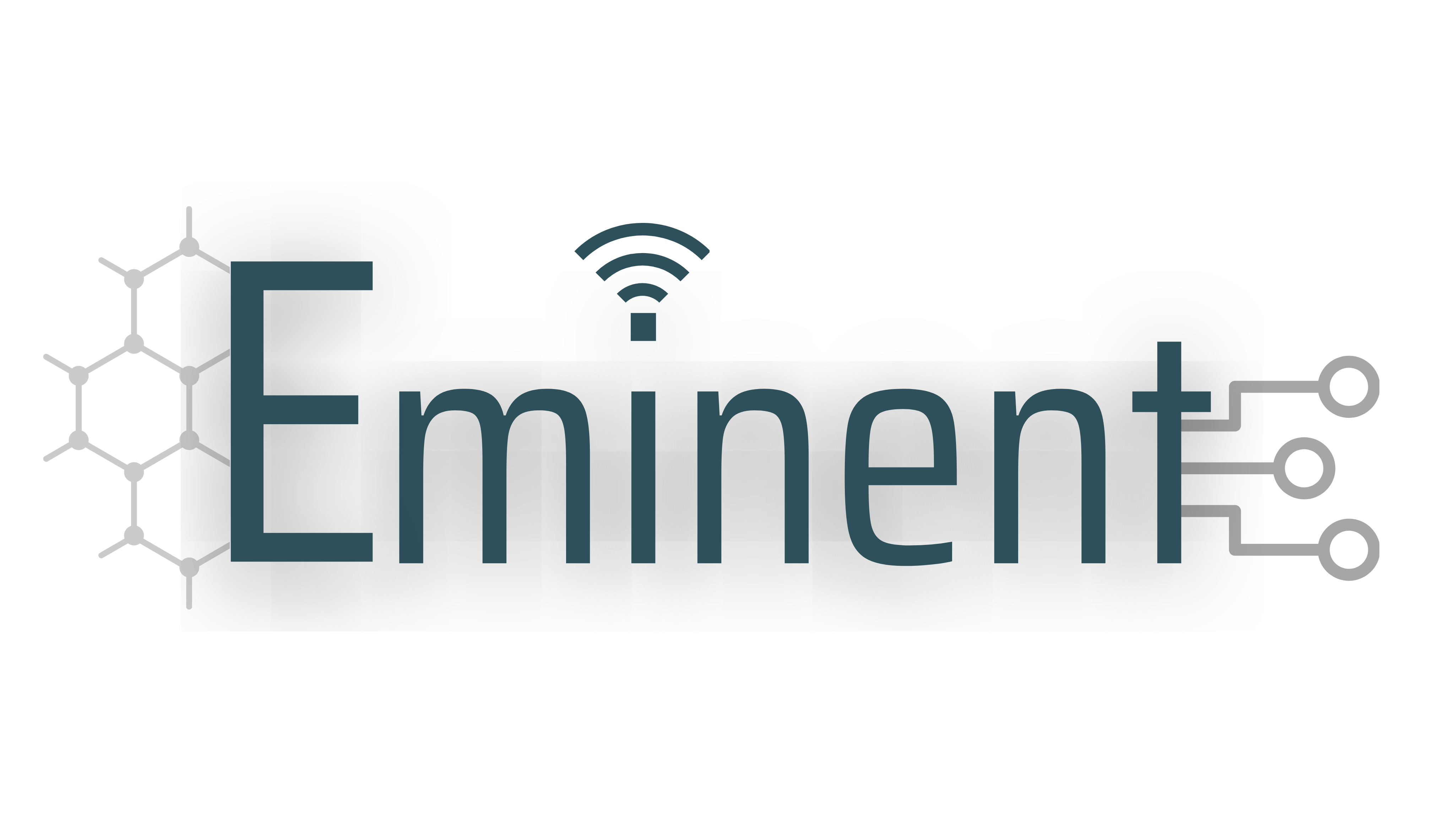


EMINENT offers advanced training from the nanoscale to the geometry of intelligent sensing elements to the macroscale integrated sensing systems for IoT applications.
Alliance of European universities which provide Opportunities of Internationalization, Integration and much more

Paper electronics represents a new concept, which combines the use of paper as a functional part of electronic components or devices. Paper-based electronics show promising technical, economic, and environmental advantages which will allow new recyclable electronics devices like paper displays, smart labels, smart packaging, bio-and medical applications, PoC devices, RFID tags, disposable electrochemical sensors, solar cells, among others.
Assoc. Prof. Dr. Luis Pereira New University of Lisbon, Portugal
Functional materials are materials that have one or more properties that can be significantly changed in a controlled fashion by external stimuli (temperature, electric/magnetic field, etc.) or by doping or functionalizing them. For this reason, are very useful for sensing applications since the external stimulus e.g. light or a gas agent affects modulates its properties e.g. electrical or optical ones. Otherwise are called 'smart materials'
Assoc. Prof. Dr. Konstantinos Petridis Hellenic Mediterranean University, Greece
One of the most exciting features of the internet of things is its ability to make the invisible, visible. That has huge implications for climate change, and for protecting the environment and people's health. The growth in cheap sensors and cheap computing has made it possible for governments, startups, and non-profits to track air pollution at the local level much more cheaply than ever before. Non-profits are using sensors to monitor heat islands in New York City. The goal of all of these efforts is to provide information that citizens and governments can use to make better decisions. IoT can't just help cities and individuals track pollution; it can help companies adjust their manufacturing processes to meet carbon reduction goals.
Assoc. Prof. Dr. Raphaël Canals University of Orléans, France

Smart sensing has huge and growing relevance in shaping our global future, underpinning the core Europe 2020 strategy for smart and sustainable growth. The present smart sensor market is growing at an estimated CAGR of 19% to U$87.6 billion in 2025. The future development of smart sensing and the success of Europe in addressing the associated challenges is crucially dependent on the availability of the human talents who can lead the associated interdisciplinary activities and teams necessary to develop and make use of these emerging technologies and systems. The EMINENT programme will provide the next generation of interdisciplinary educated European innovators to benefit from the associated opportunities, offering them a plethora of future promising and flourishing work opportunities.
Prof. Dr. Peter Haring Bolívar University of Siegen, Germany